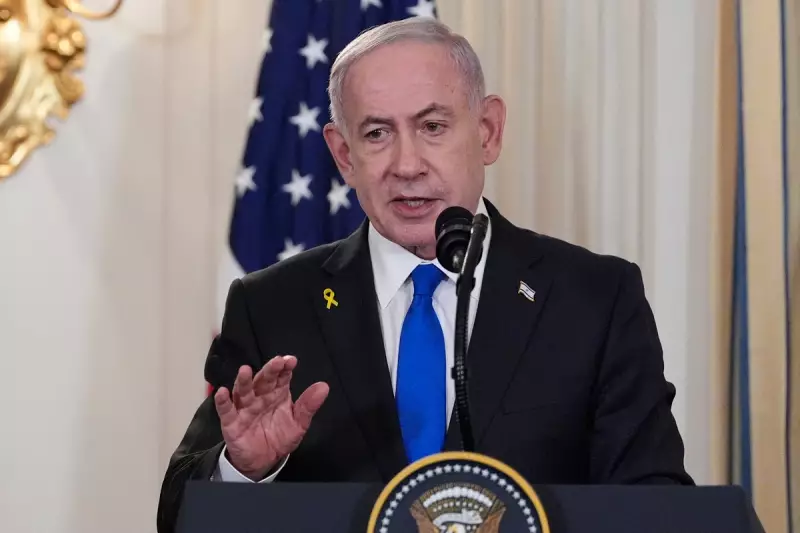
In a dramatic intervention that has sent shockwaves through international diplomatic circles, former US President Donald Trump has broken his silence on the ongoing Israel-Gaza conflict with remarks that could significantly impact the political landscape.
Explosive Criticism of Israeli Leadership
During an exclusive interview, the former president delivered stunning criticism of Israeli Prime Minister Benjamin Netanyahu, suggesting their relationship had soured since Trump's departure from the White House. "I don't want to be too critical," Trump stated, before proceeding to deliver pointed remarks about Israel's military strategy and political leadership.
The timing of Trump's intervention is particularly significant, coming as Israel continues its military operations in Gaza and faces increasing international pressure over civilian casualties.
Private Conversations Revealed
Trump revealed details of private conversations that have raised eyebrows among foreign policy experts. He claimed to have warned an unnamed European leader against describing parts of Jerusalem as "the quietest part" of the city, suggesting such terminology could be misinterpreted in the volatile region.
These revelations provide rare insight into the former president's ongoing involvement in Middle Eastern affairs, despite no longer holding official office.
Political Fallout and Reactions
The comments have sparked immediate reactions across the political spectrum:
- Conservative allies express concern about undermining current US-Israel relations
- Progressive groups seize on the criticism of Netanyahu's government
- Middle East analysts question the impact on ongoing ceasefire negotiations
- Political opponents accuse Trump of politicising international conflict
Broader Implications for US Foreign Policy
Trump's unexpected intervention comes at a crucial moment in the conflict, with the Biden administration walking a delicate diplomatic tightrope. The former president's willingness to publicly criticise a key US ally marks a significant departure from traditional bipartisan support for Israel.
As the 2024 presidential election approaches, these comments are likely to fuel debates about America's role in the Middle East and the future of US-Israel relations under potential future administrations.
International observers are now watching closely to see how these revelations might influence both the ongoing conflict and the political dynamics within Israel itself, where Netanyahu faces mounting pressure from multiple fronts.





